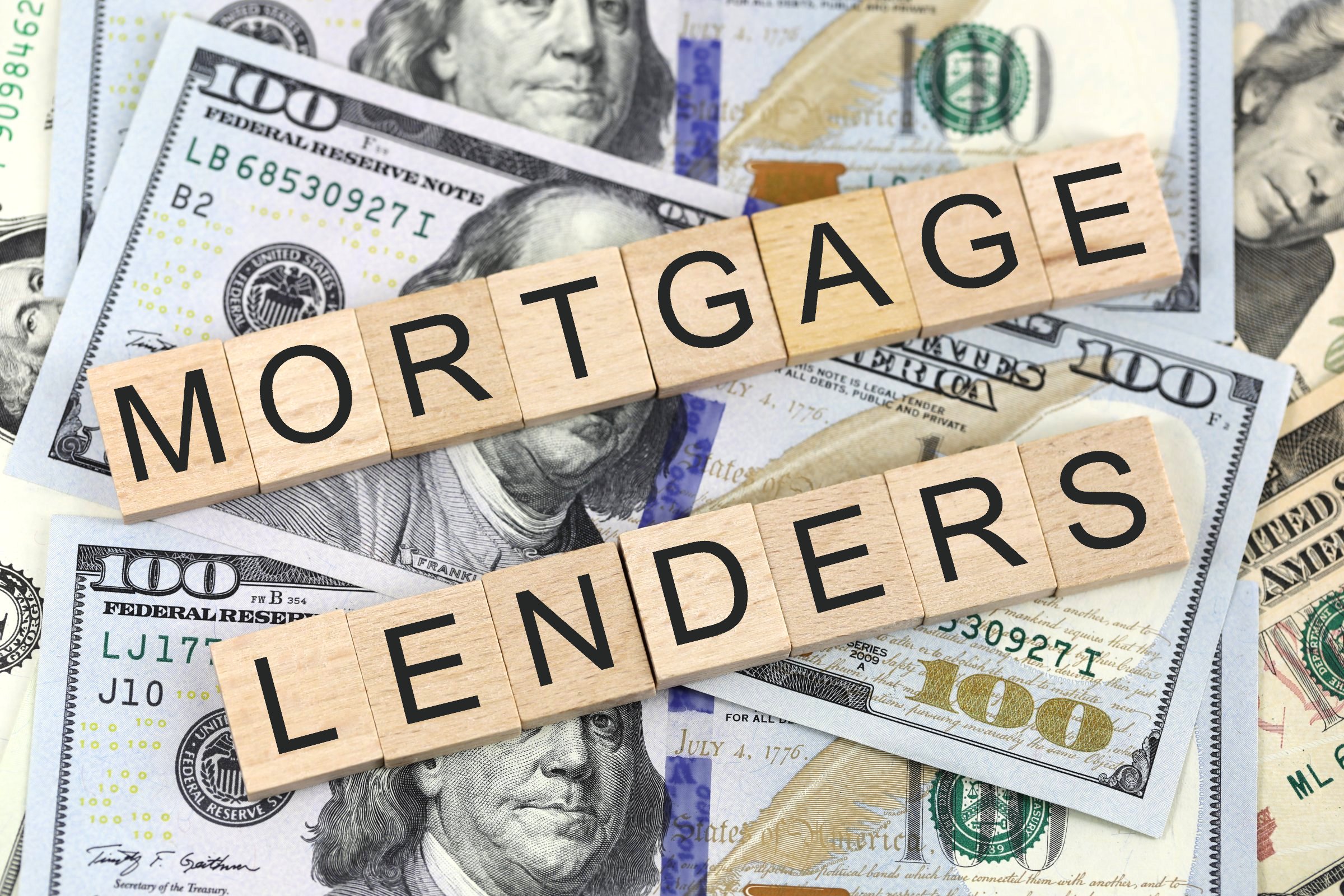How It Works: A Comprehensive Overview to Mortgage Lending for First-Time Purchasers
Maneuvering the globe of mortgage lending can be intimidating for new buyers. Recognizing the fundamental components like principal, rate of interest, and down repayments is essential. Additionally, identifying the different sorts of mortgage and the application procedure can significantly impact one's experience. By checking out vital elements that influence passion prices, customers may reveal important understandings. What else should they consider before making such a considerable monetary commitment?
Comprehending Mortgage Fundamentals
When first-time customers go into the domain name of homeownership, recognizing mortgage essentials comes to be vital for making educated decisions. A mortgage is essentially a funding safeguarded by the home being acquired, enabling individuals to purchase a home without paying the full price upfront. Customers need to understand vital elements, including principal, interest, tax obligations, and insurance, frequently summarized as PITI. The principal is the amount borrowed, while rate of interest is the expense of borrowing that amount, revealed as a percent. Taxes and insurance coverage are extra prices that can substantially affect monthly payments. Buyers must likewise think about the funding term, generally 15 or thirty years, which impacts payment quantities and total passion paid. Understanding credit history is crucial, as they affect car loan qualification and rate of interest prices. Comprehending these essential ideas empowers novice customers to navigate the mortgage landscape confidently and choose that straighten with their financial objectives.
Kinds Of Mortgage Loan
When considering mortgage choices, newbie customers usually run into 2 main kinds: fixed-rate and adjustable-rate home loans. Fixed-rate home mortgages use stability with regular settlements over the lending's term, while adjustable-rate home mortgages can provide reduced initial prices that might change gradually. Comprehending these differences is necessary for making an informed choice.
Fixed-Rate Mortgages
Fixed-rate home loans give stability and predictability for novice buyers navigating the intricacies of home financing. With a fixed-rate mortgage, the rate of interest price remains consistent throughout the finance term, generally ranging from 15 to thirty years. This regular rate allows customers to prepare their spending plans effectively, recognizing that their monthly payments will not change. New customers gain from this structure as it gets rid of unpredictability in long-lasting monetary dedications. Furthermore, fixed-rate home loans often feature lower first prices contrasted to adjustable-rate options, making them an attractive option for those aiming to establish home equity gradually. In general, fixed-rate home loans supply a straightforward course to homeownership, ideal for individuals seeking long-lasting monetary protection.
Adjustable-Rate Mortgages
For newbie buyers looking for versatility, variable-rate mortgages (ARMs) can give an appealing choice to fixed-rate fundings. ARMs commonly provide lower preliminary rate of interest rates, making regular monthly payments a lot more budget friendly in the early years. However, these rates rise and fall after a preliminary set duration, which can cause enhanced payments in time. Borrowers need to recognize the index and margin that figure out future rate changes. Generally, ARMs have adjustment periods of one, 3, or 5 years, with periodic caps to limit just how much rates can increase at each adjustment. While ARMs can be advantageous for those preparing to offer or refinance before the rate changes, they also bring threats if market conditions transform considerably. Thorough study is necessary for informed decision-making.
The Mortgage Application Process

Key Variables Affecting Rate Of Interest

Deposits and Closing Expenses
Understanding deposits and shutting prices is essential for newbie homebuyers, as these expenditures significantly impact the general price of a mortgage. A deposit is the initial amount paid in the direction of the home's acquisition price, generally shared as a percentage. It can vary from as reduced as 3% to 20% or even more, depending on the funding kind and lending institution requirements. A bigger deposit can lower month-to-month mortgage repayments and remove personal mortgage insurance coverage (PMI), this website which protects lending institutions in instance of default.Closing prices, on the various other hand, incorporate numerous charges sustained during the home-buying process. These might include car loan origination charges, evaluation fees, title insurance policy, and lawyer costs, generally completing 2% to 5% of the home's acquisition price. First-time buyers need to spending plan for both deposits and shutting prices to ensure they can protect their mortgage and effectively navigate the home-buying procedure.
Tips for First-Time Homebuyers
What important tips can newbie buyers follow to browse the often challenging process of acquiring a home? Setting a sensible spending plan is vital. Buyers need to examine their financial scenario, consisting of income, expenses, and prospective mortgage settlements. Next, getting pre-approval for a home loan can supply clarity on what one can pay for and enhance their setting when making an offer.Researching neighborhoods is similarly essential; purchasers need to think about variables such as facilities, institutions, and future developments. Furthermore, it is a good idea to collaborate with a qualified realty representative who can use beneficial understandings and support throughout the purchasing process.Home inspections need to not be neglected, as they can uncover concealed issues that may impact long-term contentment. Buyers must remain client and versatile, comprehending that finding the ideal home might take time. By following these ideas, newbie homebuyers can come close to the market with self-confidence and understanding.
Often Asked Questions
What Files Are Required for Mortgage Pre-Approval?
For mortgage pre-approval, people typically require to give earnings confirmation, employment history, credit rating reports, tax obligation returns, financial institution statements, and information of any kind of debts (Private Mortgage Lenders Savannah GA). These records assist lenders assess financial capability and establish financing eligibility
Can I Get a Home Mortgage With Bad Credit?

Several lenders think about applicants with negative credit report, though terms may differ. Higher rate of interest rates or bigger deposits can be required. Discovering choices with specialized loan providers or government programs can also boost possibilities for approval.
How much time Does the Mortgage Approval Process Take?
The mortgage authorization process generally takes in between 30 to 45 days. have a peek at this website Factors affecting this timeline consist of the loan provider's performance, the customer's financial documents, and the intricacy of the car loan application. Hold-ups might happen due to additional needs.
What Happens if I Miss a Mortgage Settlement?
If a home find out this here mortgage payment is missed, late costs may be incurred, and credit history ratings can experience. Extended non-payment might result in foreclosure proceedings, prompting the lender to reclaim the building after a collection of warnings.
Can I Re-finance My Mortgage Later On?
Refinancing a mortgage later is frequently possible, permitting house owners to change their lending terms, rates of interest, or monthly repayments. Qualification depends on credit rating scores, present market conditions, and the existing mortgage's terms.